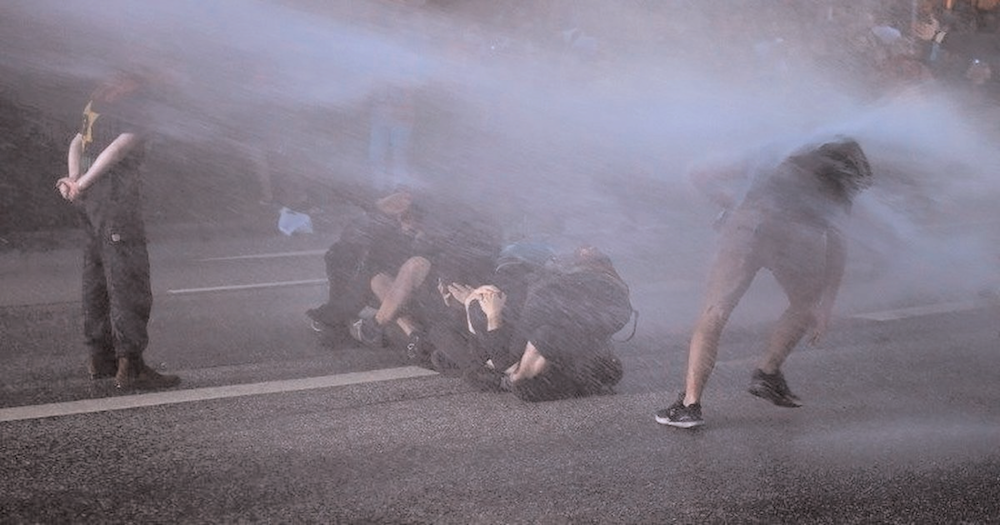
BEIJING (TIP): Chinese courts have sentenced nine people to death for terrorist activities in the northwestern Xinjiang region. Two others have been given death sentence with a two-year reprieve, which means the verdict will be reviewed after the reprieve period. The convictions follow a series of deadly attacks, including the recent killing of 31 people in a market in the provincial capital of Urumqi.
The convicted are among the 81 defendants who have been sentenced to various punishments — including death penalty, life imprisonment and long-term sentences — by six different courts in the region, according to the regional higher people’s court. The alleged terrorists included 68 people who were accused of organizing, leading or participating in terrorist organizations, intentional homicide, arson or illegal manufacture, storage and transport of explosives. The courts convicted another 13 people for inciting ethnic hatred and discrimination, or teaching criminals methods. The crimes were the focus of the region’s special operation to crack down on terrorism, said the regional higher people’s court.
A senior Xinjiang official said the crimes were the result of religious extremism and not China‘s policies on ethnic affairs. Arkin Tuniyazi, vice chairman in the region’s government, rejected allegations the authorities interfered in local customs, prohibiting men from growing beards and women from wearing the veil. “Elder Uygur men, especially those living in southern Xinjiang, have the tradition of growing thick beards.
We have never thought that it is a problem; it is completely their own choice,” said Tuniyazi. He admitted the government did try to dissuade women from wearing the veil, because it represents religious conservatism and was “never a Uygur tradition”.
Some young Uygur women have begun to use the veil under the influence of religious extremism, which is preached to them unlawfully, he said. “Some scripture interpretations prohibit people from dancing to express their joy at weddings or mourning over the deceased at funerals,” the official media quoted him as saying. “I find those rules seemingly out of ‘restraint’ entirely against nature.”




Be the first to comment